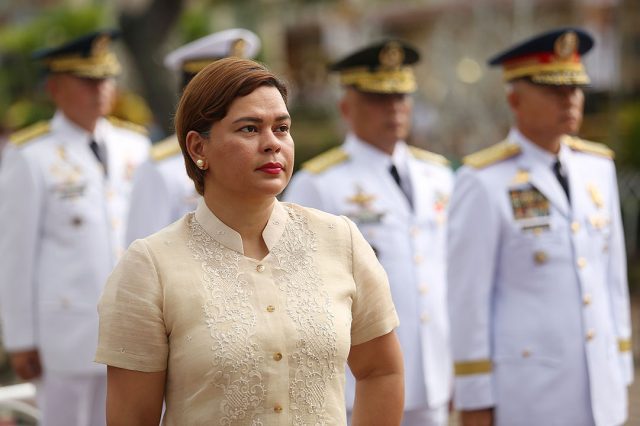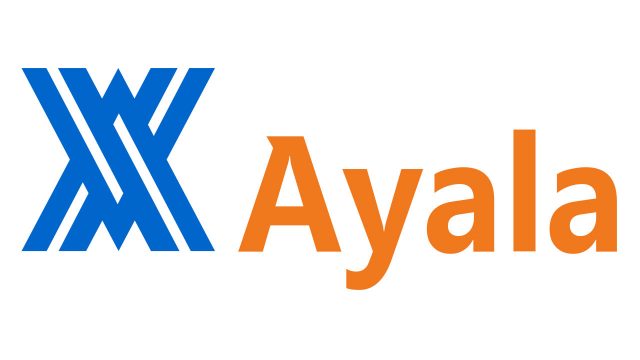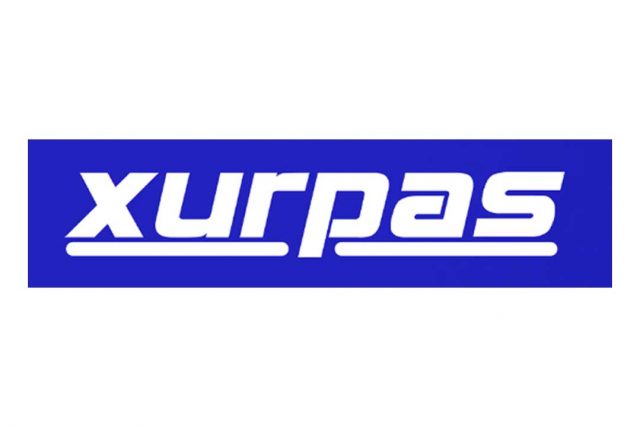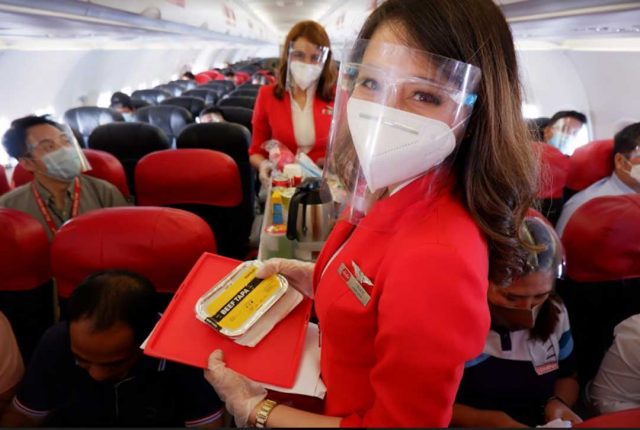PDP-Laban’s Cusi bloc adopts Sara Duterte as VP bet
THE PARTIDO Demokratiko Pilipino-Lakas ng Bayan (PDP-Laban) bloc led by Energy Secretary Alfonso G. Cusi on Friday said they will adopt Davao City Mayor Sara Duterte-Carpio as their vice-presidential bet for the upcoming May elections.
PDP-Laban is finalizing the terms of its alliance agreement with Lakas-Christian Muslim Democrats (Lakas-CMD), which is currently chaired by Ms. Duterte.
“The decision to adopt Mayor Sara has been made by the PDP-Laban National Executive Committee based on her credentials, advocacies, and vision for our Nation,” the group said in a statement.
“Based on these, the PDP-Laban has decided that the quality of her advocacies and vision are strongly aligned with that of the party,” they added.
The group also commended her quality of leadership and track record which made her the “most qualified for the position.”
“The party believes that Mayor Sara’s election to the vice-presidency will help ensure the continuity of the vital programs of the current administration which now constitute the legacy to our Nation of PDP-Laban Chairman, President Rodrigo Duterte,” they said.
Lakas-CMD Co-Chairman and Senator Ramon Bautista “Bong” Revilla, Jr. welcomed PDP-Laban’s decision.
“The two most dominant political parties coming together is a very welcome development in ensuring a better and brighter future for the country and our fellowmen,” he said in a mix of English and Filipino in a statement released on Friday.
Meanwhile, the other PDP-Laban bloc – the political party currently has two separate groups which claim that they are the “true” party and leadership – released a statement on the adoption of Ms. Duterte as the party’s candidate for Vice-President.
“This announcement of the PDP Laban usurpers that they are adopting Mayor Sara Duterte’s Vice-Presidential candidacy shows their desperation to hold to power,” the statement, released by Lutgardo Barbo, said. “Mayor Duterte has rejected them many times and has even made pronouncements throwing insults to the party which used to be chaired by her father, President Duterte.”
The statement continues by saying, “As far as the real and genuine PDP-Laban is concerned, our Vice-presidential candidate is former Manila Mayor and now Congressman Lito Atienza and our Presidential candidate [is] Senator Manny Pacquiao. Matagal nang Pacquiao-Atienza ang PDP Laban sa simula pa lang (the PDP-Laban party has long been backing Pacquiao-Ateinza since the start) ) because we are a disciplined party with a clear vision and program of government.” — Alyssa Nicole O. Tan












